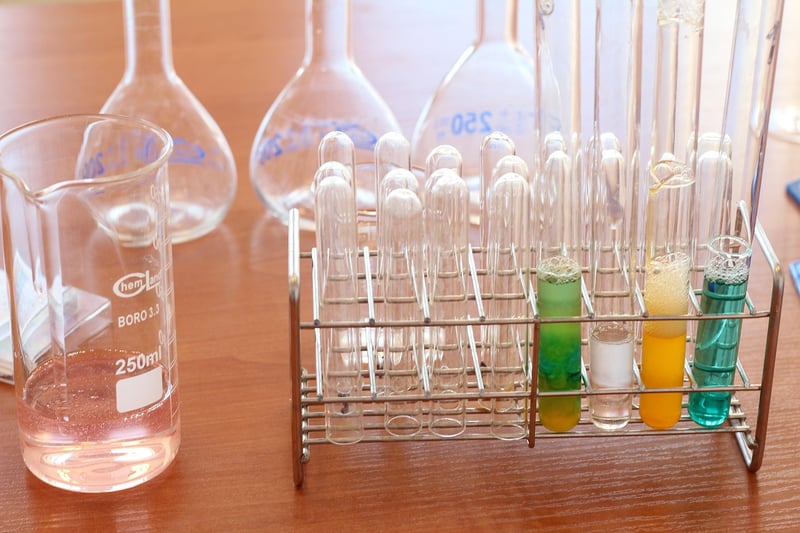Chemical Reactions in Cooking
The Science Behind Cooking: Understanding Chemical Reactions in the Kitchen
Cooking is not just an art; it's also a science. Understanding the chemical reactions that occur during cooking can help you become a better cook and create delicious meals with precision. Let's delve into the fascinating world of culinary chemistry.
Maillard Reaction: The Key to Flavor Development
One of the most important chemical reactions in cooking is the Maillard reaction. This reaction occurs between amino acids and reducing sugars when exposed to heat. It's responsible for the browning of food and the development of complex flavors and aromas. The Maillard reaction is what gives seared steaks, toasted bread, and roasted coffee their distinctive taste.
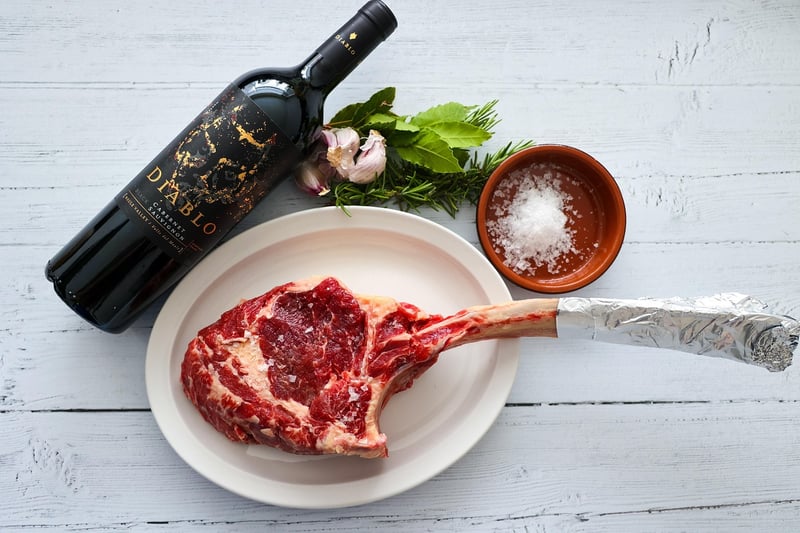
Leavening Agents: Creating Airy Textures
Leavening agents like baking powder and yeast play a crucial role in baking by causing chemical reactions that produce carbon dioxide gas. This gas gets trapped in batters and doughs, causing them to rise and create light and airy textures in baked goods such as cakes, bread, and pastries.
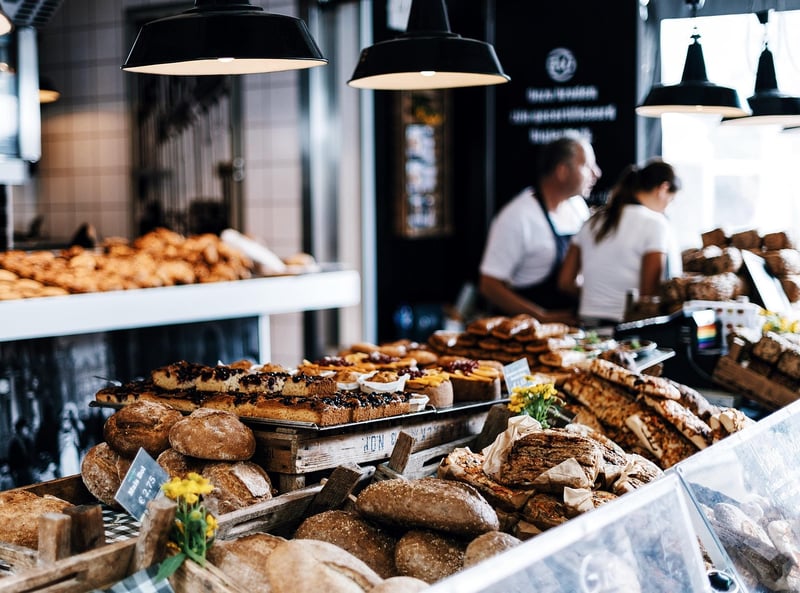
Emulsions: The Science of Mixing
Emulsions are mixtures of two immiscible liquids, such as oil and water, stabilized by an emulsifier. By understanding the science behind emulsions, you can create stable mixtures like mayonnaise and vinaigrettes. The key is to balance the forces of attraction and repulsion between the different components to prevent separation.
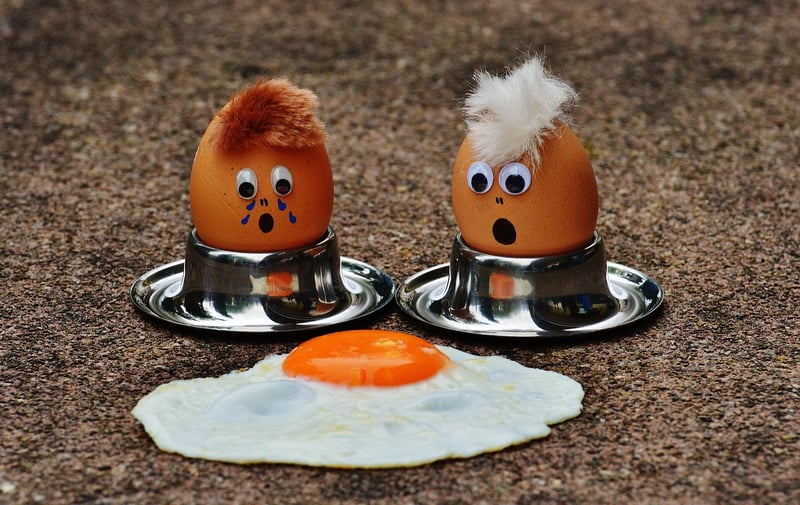
Caramelization: From Sugar to Delicious Treats
Caramelization is the process of heating sugar until it breaks down and transforms into a rich, golden-brown syrup with a complex flavor profile. This reaction occurs at high temperatures and is responsible for the sweet and nutty taste of caramelized onions, crème brûlée, and caramel candies.
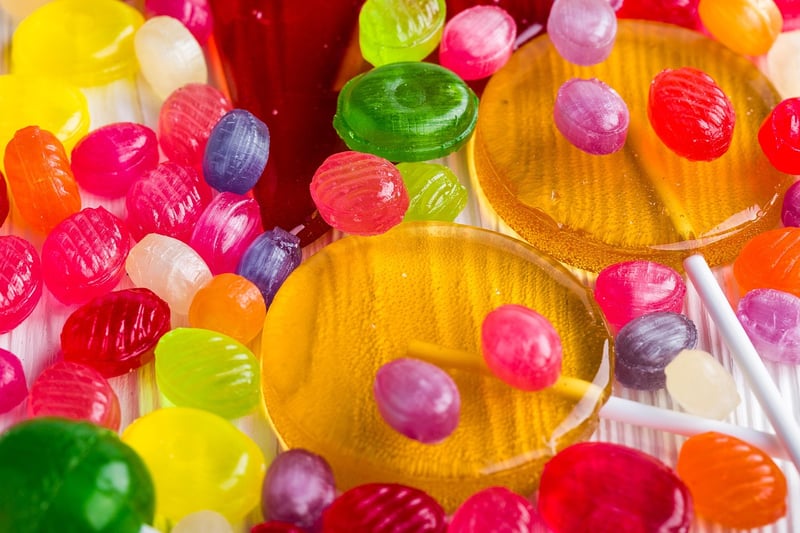
Conclusion
By understanding the chemical reactions that take place during cooking, you can elevate your culinary skills and create dishes that are not only delicious but also scientifically intriguing. So, the next time you step into the kitchen, remember that cooking is as much about chemistry as it is about artistry.
Explore the endless possibilities of culinary chemistry and unlock the secrets to creating mouthwatering masterpieces!
